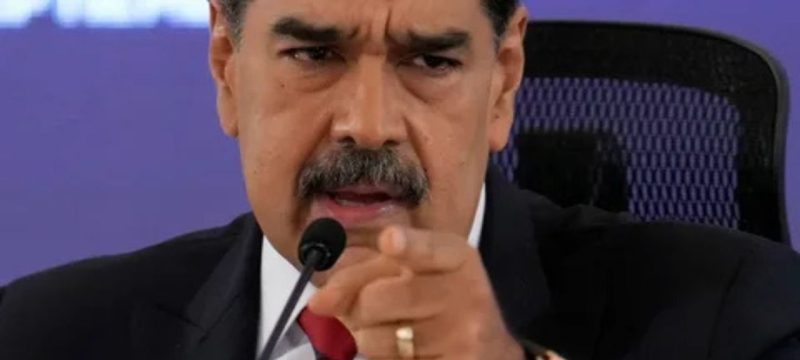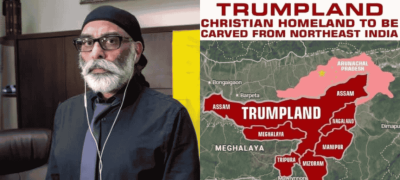Independence and sovereignty once again took center stage in Venezuela as President Nicolás Maduro issued a stark warning. Speaking during a televised address, Maduro declared that the country would form a “republic in arms” if the United States attacked Venezuela. His comments have raised tensions, drawing attention both at home and abroad.
Maduro emphasized that the Venezuelan people are prepared to resist any form of aggression, stating that they would not allow foreign powers to undermine national unity. This strong response followed what officials described as growing hostility and pressure from Washington.
Republic in arms if the US attacks Venezuela
The Venezuelan leader highlighted that history has shown resilience in the face of threats. He insisted that if conflict comes, Venezuela will defend itself with the spirit of independence. His statement also recalled the country’s longstanding disputes with the United States over sanctions and political recognition.
Observers note that Maduro’s speech reflects mounting pressure on Venezuela’s political landscape. While some view it as rhetoric aimed at consolidating internal support, others believe the warning underscores genuine concerns about military intervention.
Key points from Maduro’s statement
- A republic in arms if the US attacks Venezuela is Maduro’s declared response.
- Citizens, he said, would mobilize in defense of the homeland.
- The statement came amid strained relations with Washington.
- Maduro linked the warning to Venezuela’s history of resisting external threats.
- International analysts suggest the remark is both symbolic and strategic.
The warning comes at a time when Venezuela is already grappling with economic challenges and political unrest. Opposition leaders criticized the speech, arguing that it only deepens public fear rather than offering solutions to the ongoing crises.
International reactions have been cautious. While the United States has not officially responded, analysts predict that the statement could further complicate diplomatic efforts. Regional leaders are calling for dialogue to avoid escalation.
Meanwhile, Venezuelan officials continue to defend national sovereignty in international forums. The government has also cited recent decisions, such as the US Supreme Court halting Venezuelan deportations under an old wartime law, as examples of how relations between the two countries remain tense and complicated.
Growing concerns in Venezuela
For many Venezuelans, Maduro’s warning is both unsettling and familiar. Citizens have endured years of uncertainty, balancing hopes for stability with fears of external interference. The phrase republic in arms if the US attacks Venezuela is now shaping political discourse, sparking debate over whether such rhetoric strengthens unity or fuels anxiety.
As the situation develops, the world is watching closely. Whether the remark was symbolic or a genuine warning, it has once again placed Venezuela’s fragile stability under the global spotlight.







